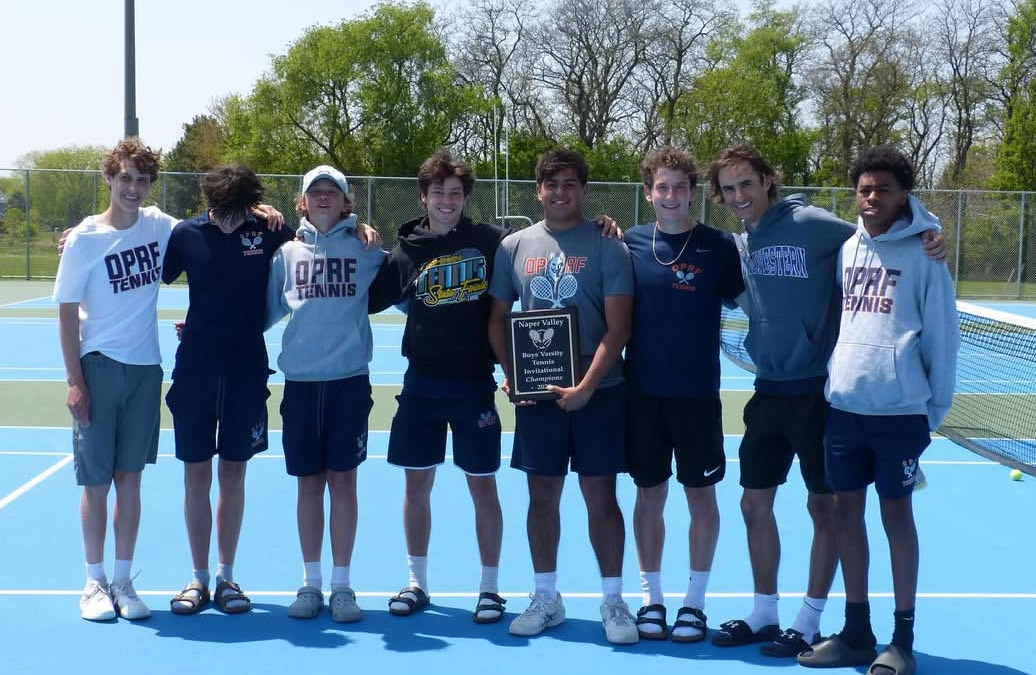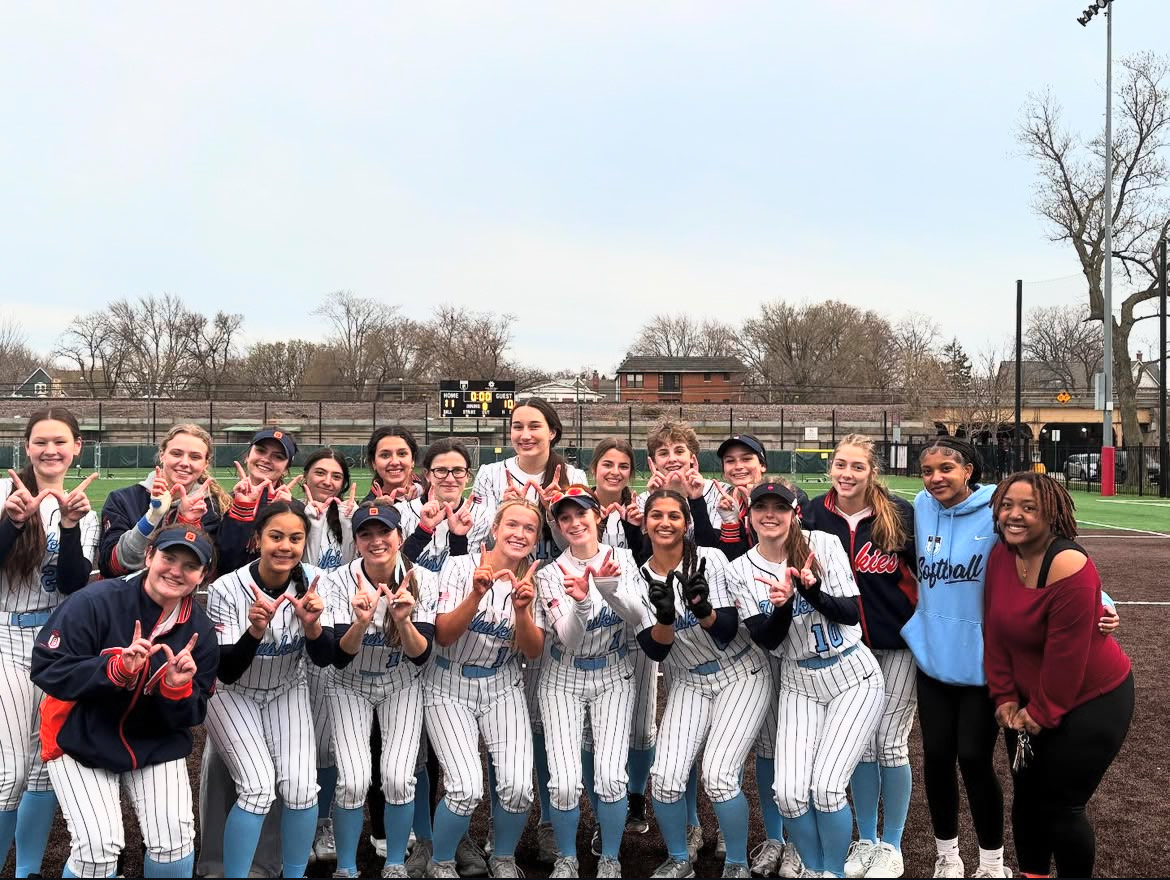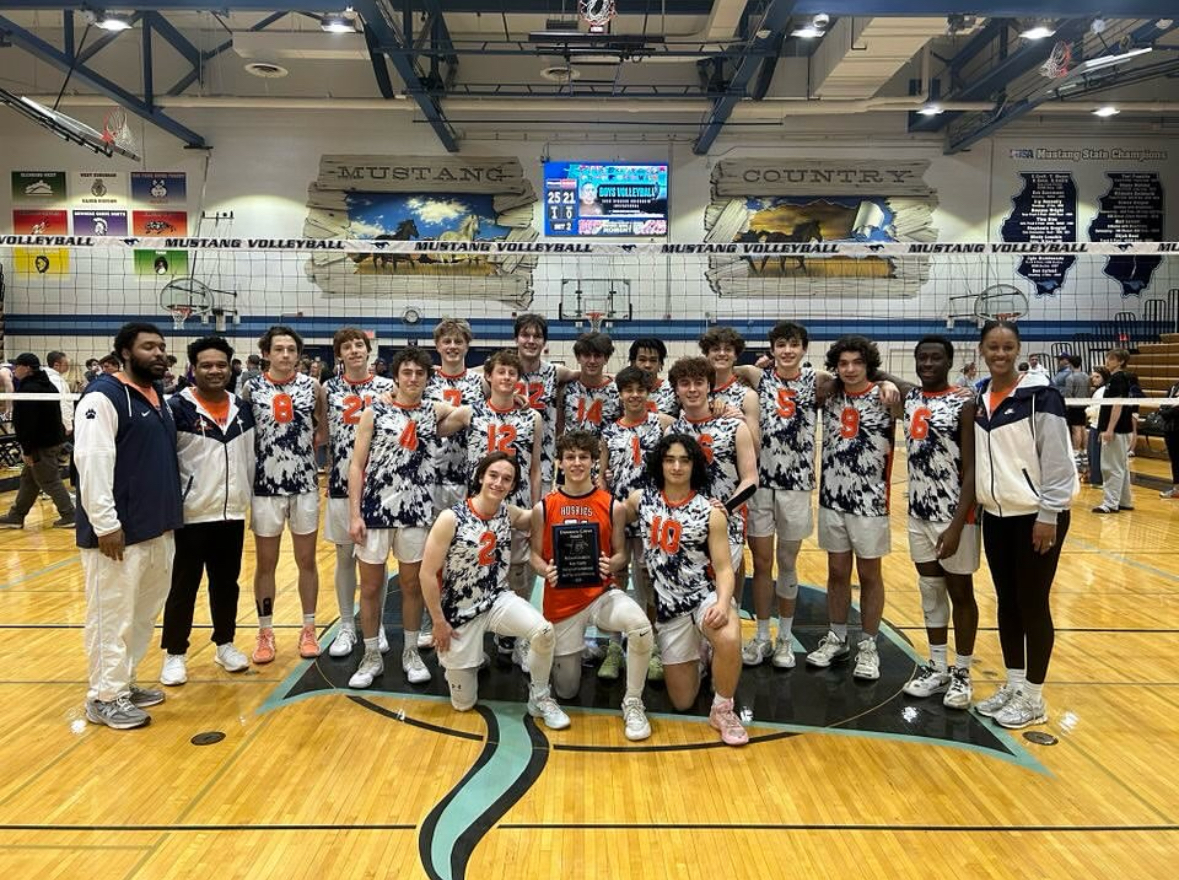For many high school students, sports are a quintessential part of adolescence; they offer an escape from a routine school day, while simultaneously providing a community for students with shared interests and skills. However, with the growing intensity of sports culture in society at large, involvement in high school sports has been undermined by the need for early specialization.
In today’s society, kids often must commit themselves to a single sport, or interest, before even trying out for a high school-level sport. Take volleyball, for example. I first tried out for my school’s volleyball team in 6th grade and, at the age of only 12, felt as if I was getting a late start compared to my peers.
I spent the next three years playing volleyball for both my school team and a club team, something not uncommon among other 12 to 14-year-old players. If you planned on pursuing the sport any time after middle school, several years of commitment were an expected prerequisite.
This push towards early specialization in sports settings comes not only from high school coaches and parents, but also from increased pressure from college recruiters and growing costs in tuition. Kids are starting to recognize sports as something greater than just an after-school activity, and more of a means of financial support in college. Some students sign a letter of intent to commit to NCAA Division 1 or 2 colleges before entering their senior year.
These success stories can give students the impression that athletic scholarships are a good way to cover college expenses like tuition, room and board. In reality, fewer than 2 percent of high school student-athletes are offered athletic scholarships, according to NCSA College Recruiting, a network that supports high school athletes seeking an athletic career in college.
What does this mean for the future involvement of freshmen in high school sports? As sports become less about escapism from the habitual academic life, and more of an extension to the already competitive nature of college and high school, the appeal to incoming freshmen has become less apparent.
Kids who don’t want to commit three years in middle school to something that seems trivial are essentially excluded from a typical high school experience. They haven’t done anything wrong or unusual, yet are made to seem as though they have. They’re just being kids–curious, experimental and inconsistent–but that’s mistaken as a lack of commitment or drive.
Not only are kids pressured to participate at a young age, they feel an added pressure from coaches and parents to be exceptional. Essentially, even if someone commits several years to a sport, their commitment is ultimately undermined by a greater push toward exceptional performance.
But this early, intense specialization may not help young athletes excel. According to a 2013 article in the journal Sports Health, “Some degree of sports specialization is necessary to develop elite-level skill development. However, for most sports, such intense training in a single sport to the exclusion of others should be delayed until late adolescence to optimize success while minimizing injury, psychological stress and burnout.”
In other words, what kids gain from early training may be lost through injuries and stress. It’s better to wait until your late teenage years to start intense training.
With all this said, don’t mistake my argument for one that discounts the accomplishments of those who have demonstrated excellence in sports–or one that argues for no competition amongst sports teams. I do believe that sports should be competitive, that they aren’t an “everyone wins” situation, as the possibility of failure is what makes it fulfilling.
In contrast, what I hope to call to your attention is how we define the “average athlete,” and how pushing that bar higher and higher only begs the question of if, or when, sports will reach a level of unsustainability






